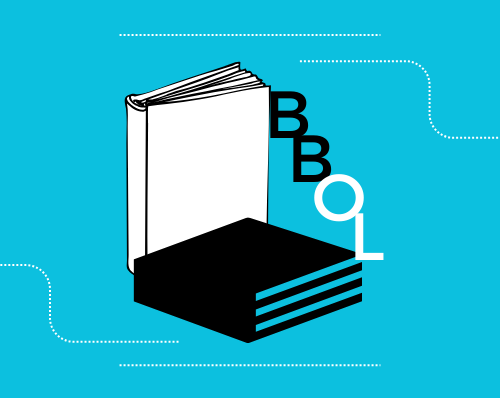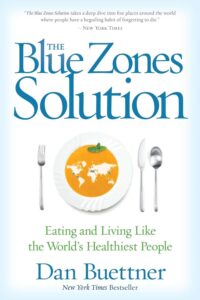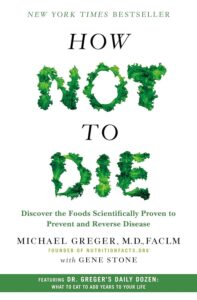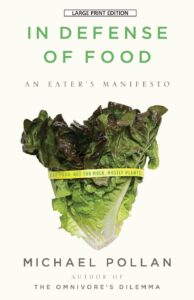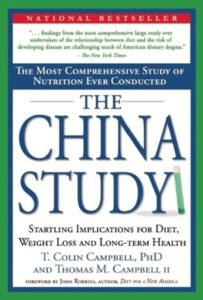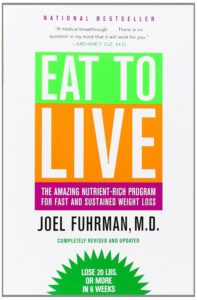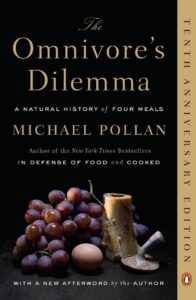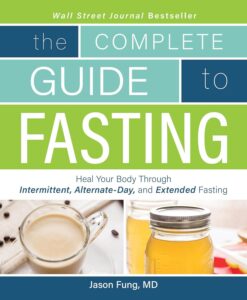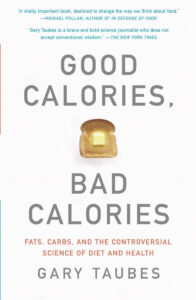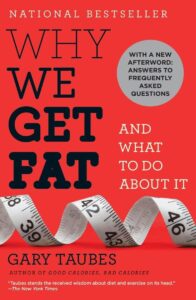Understanding diet and nutrition is essential for optimal health. Whether your goal is to lose weight, boost your health, or expand your nutrition knowledge, the right resources are crucial. This curated list of books provides expert insights, practical advice, and evidence-based strategies to guide you. Explore these best books on diet and nutrition to begin your journey toward a healthier and more balanced life.
The Blue Zones Solution by Dan Buettner
Overview: Dan Buettner identifies the regions of the world where people live the longest and healthiest lives, known as Blue Zones. He explores their diets and lifestyles to uncover secrets to longevity and health.
Why You Should Read It: Offers insights into the diets and lifestyles that promote longevity.
Key Takeaways:
- Diet and lifestyle habits of the world’s longest-living people
- Practical tips for adopting these habits
- Recipes and meal plans inspired by Blue Zones
How Not to Die by Michael Greger, M.D.
Overview: Dr. Michael Greger investigates the primary causes of premature death and demonstrates how a plant-based diet can prevent and reverse numerous chronic diseases. Backed by extensive research, this book provides practical advice for adopting a healthier diet.
Why You Should Read It: Provides compelling evidence on the benefits of a plant-based diet and practical advice for implementation.
Key Takeaways:
- Impact of diet on health
- Evidence-based dietary recommendations
- Practical tips for a plant-based lifestyle
In Defense of Food by Michael Pollan
Overview: Michael Pollan critiques the modern Western diet and food industry. He advocates for eating whole, unprocessed foods and offers simple rules for healthier eating.
Why You Should Read It: Provides a straightforward approach to improving your diet by focusing on whole foods.
Key Takeaways:
- Importance of whole foods
- Critique of the modern food industry
- Simple rules for healthier eating
The China Study by T. Colin Campbell and Thomas M. Campbell II
Overview: This pivotal book details the findings of the China-Cornell-Oxford Project, one of the most extensive nutrition studies conducted. It underscores the health benefits of a plant-based diet and its effectiveness in preventing chronic diseases.
Why You Should Read It: Offers an in-depth look at the scientific evidence supporting plant-based nutrition.
Key Takeaways:
- The link between diet and disease
- Benefits of a plant-based diet
- Extensive research findings
Eat to Live by Joel Fuhrman, M.D.
Overview: Dr. Joel Fuhrman introduces his nutrient-dense eating plan, emphasizing the importance of consuming high-nutrient, low-calorie foods. His approach promotes weight loss, improved health, and increased longevity.
Why You Should Read It: Offers a structured plan for adopting a nutrient-rich diet.
Key Takeaways:
- Benefits of nutrient-dense foods
- Guidelines for healthy eating
- Strategies for weight management
The Omnivore’s Dilemma by Michael Pollan
Overview: Michael Pollan explores the origins of our food, from industrial farming to organic and foraged foods. He examines our food choices’ ethical, environmental, and health implications.
Why You Should Read It: Provides a thought-provoking look at the food industry and encourages more mindful eating choices.
Key Takeaways:
- Exploration of food sources
- Ethical and environmental impacts of food choices
- Encouragement for mindful eating
The Complete Guide to Fasting by Dr. Jason Fung and Jimmy Moore
Overview: Dr. Jason Fung explains how intermittent fasting can aid weight loss, improve metabolic health, and prevent chronic diseases. The book includes practical advice and fasting protocols.
Why You Should Read It: Provides comprehensive information on the science and practice of intermittent fasting.
Key Takeaways:
- Benefits of intermittent fasting
- Different fasting protocols
- Practical tips for successful fasting
Good Calories, Bad Calories by Gary Taubes
Overview: Gary Taubes challenges conventional wisdom about diet, weight control, and disease. He presents compelling evidence that refines our understanding of calories and how they affect our health.
Why You Should Read It: Offers a deep dive into the science of calories and their impact on weight and health.
Key Takeaways:
Rethinking the concept of calories
The role of carbohydrates and fats in diet
Evidence-based dietary recommendations
Salt Sugar Fat by Michael Moss
Overview: Michael Moss investigates how the food industry uses salt, sugar, and fat to create addictive products. He exposes the tactics used by food companies to keep us coming back for more and the health implications of these ingredients.
Why You Should Read It: Provides an eye-opening look at the food industry and encourages healthier eating choices.
Key Takeaways:
- How the food industry manipulates ingredients
- Health impacts of salt, sugar, and fat
- Encouragement to make healthier food choices
Why We Get Fat by Gary Taubes
Overview: Gary Taubes investigates the reasons behind obesity and challenges common dietary myths. He presents a compelling case for reducing carbohydrate intake and explains the science behind weight gain and loss.
Why You Should Read It: Offers a well-researched perspective on the causes of obesity and practical advice for weight management.
Key Takeaways:
- Examination of the role of carbohydrates in obesity
- Challenges to Conventional Dietary Wisdom
- Science-based strategies for weight loss
Get it Here
Conclusion
These must-read books on diet and nutrition provide insightful knowledge, practical tips, and effective strategies for achieving optimal health. Whether you aim to enhance your health, shed pounds, or deepen your understanding of nutrition, this list has resources for you. Start your journey to better health today.
